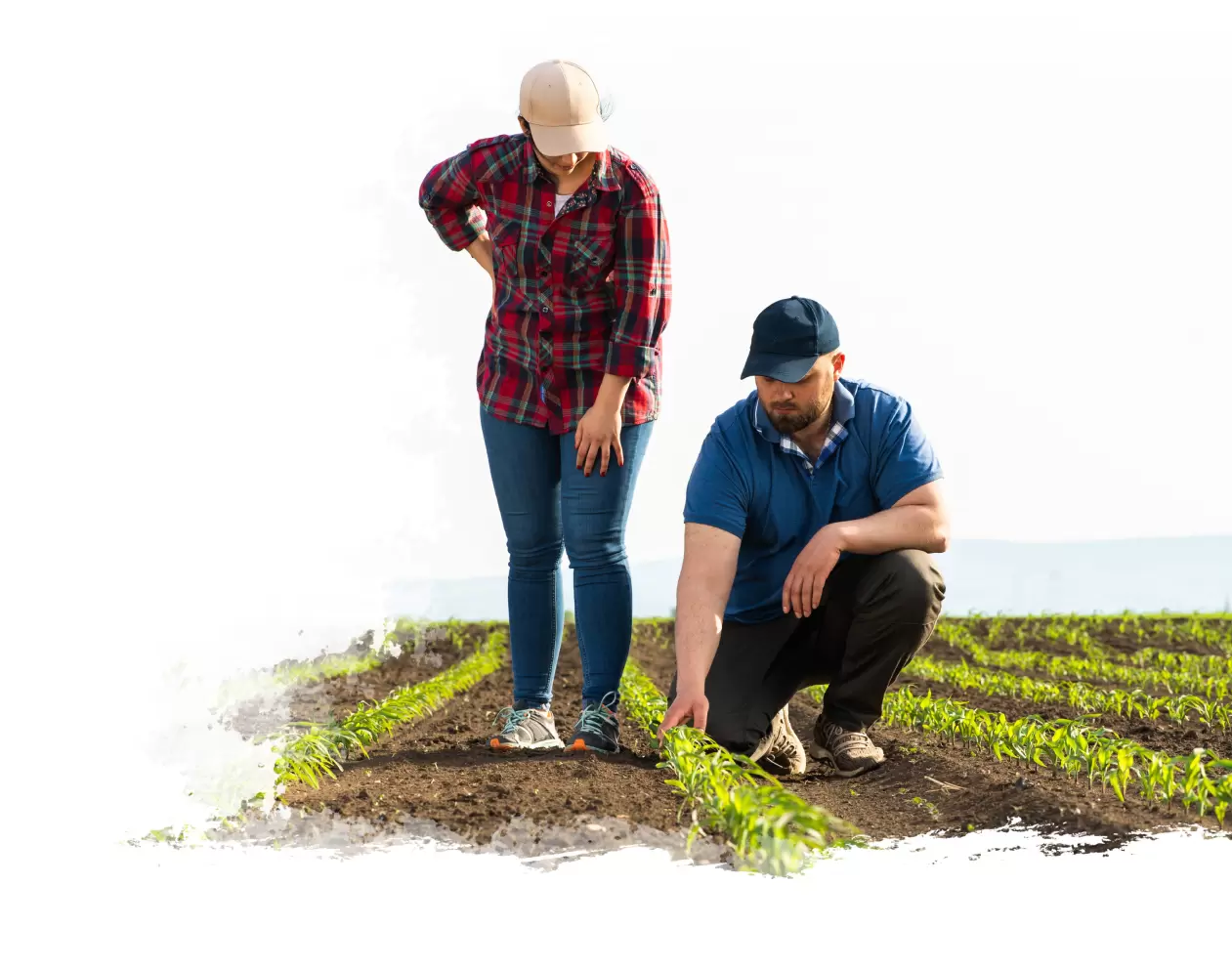ZP products – hybrids and varieties
All our ZP hybrids and varieties are developed through classical methods of breeding in our agro-ecological conditions, without genetic modifications, based on responsible and constant research and development adaptive to market requirements and climate changes factors.
ZP maize hybrids
The predominant breeding work is aimed at developing maize hybrids with high genetic yield potential. Their excellent adaptability to various agro-ecological growing conditions represents their competitive advantage.
ZP soybean varieties
The soybean breeding program is aimed at developing high- and stable-yielding varieties, possessing good technological grain quality, well adapted to a wide range of agro-ecological conditions, resistant to lodging and pod shattering and tolerant to diseases and stressful environmental conditions.
ZP small grain varieties
The small grain refinement program implies breeding of wheat, barley and triticale with the aim of developing varieties that are stable and of high yield, posses good technological quality and improved resistance to biotic and abiotic stress.
Why ZP hybrids?
from farm to fork
Applied science
Development and application of new technologies is aimed at creating high-yielding genotypes of maize, soybean and small grains tolerant to abiotic and biotic stress with good nutritional characteristics. Scientific research work is performed in cooperation with researchers from national and international scientific organisations.
Our research encompasses the following segments:
- Maze gene bank diversity
- New genetic variability
- Study of genome and genome selection
- Sustainable agriculture
- “Smart” agriculture
- Diversity of germplasm for nutritional properties
- Health safe food
- Transfer and implementation technologies and knowledge


